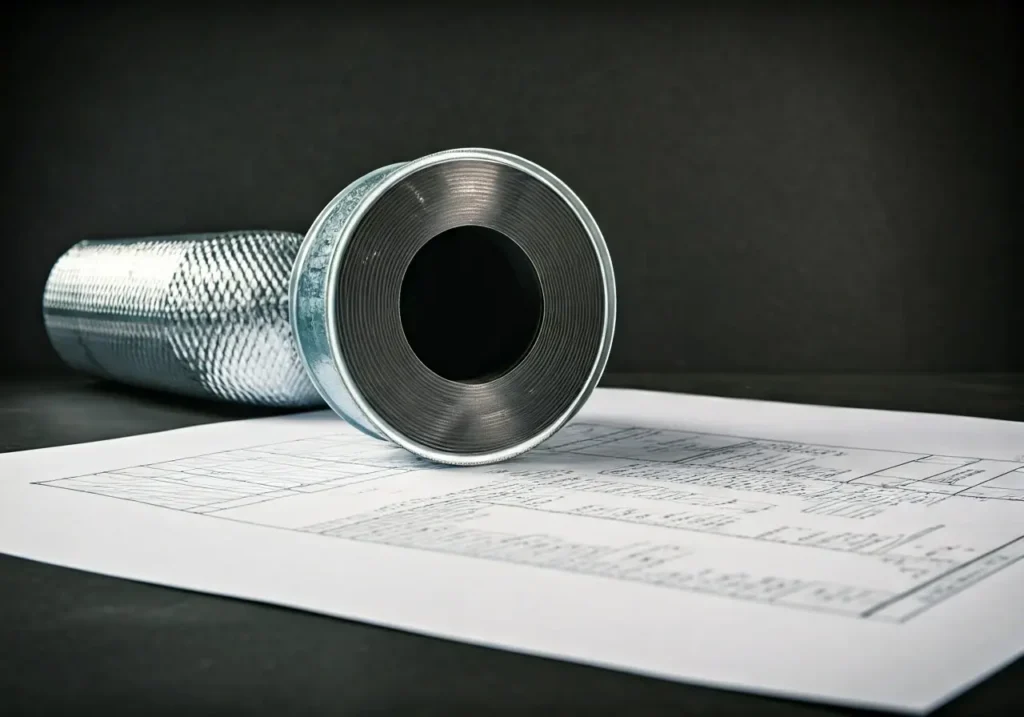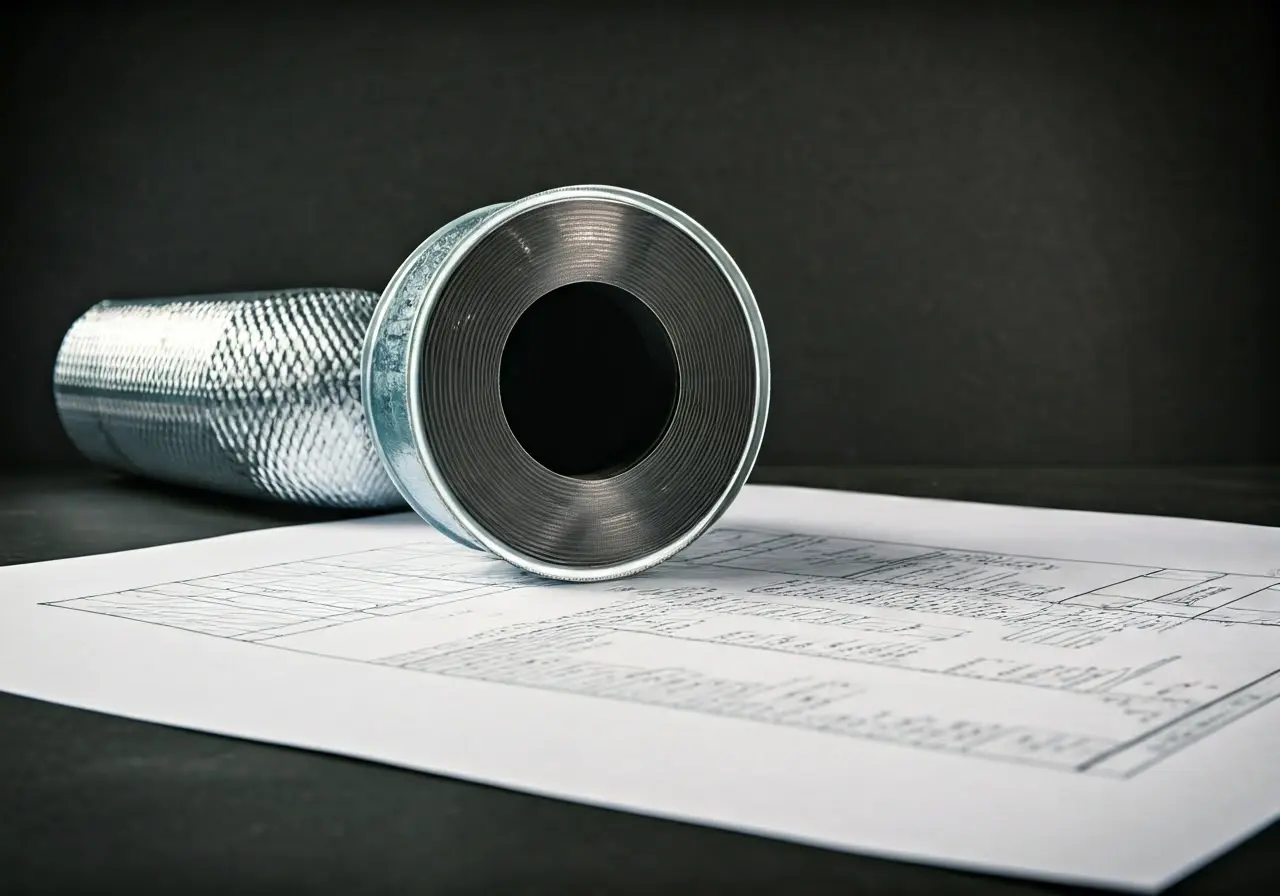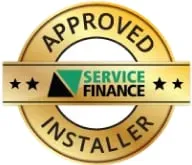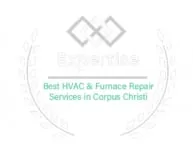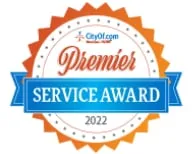Are you tired of high energy bills caused by inefficient heating and cooling? With a few smart adjustments to your HVAC system, you can enjoy a comfortable home without breaking the bank. Let’s explore some friendly, cost-effective HVAC zoning tips that can make a difference.
1. Understanding HVAC Zoning and Its Benefits
Learn how HVAC zoning works and why it’s a beneficial investment for your home. Discover the ways it can improve comfort and energy efficiency by targeting specific areas rather than wasting energy heating or cooling unused spaces.
At the heart of HVAC zoning is the principle of dividing your home into sections that each have their own thermostat. This setup offers more tailored comfort and significant energy savings. By allowing you to selectively heat or cool only the areas in use, HVAC zoning can save you up to 30 percent on energy costs[HVAC Zoning Provides Energy Savings]. This system is perfect for large, multi-story homes where temperature imbalances are common.
The benefits of HVAC zoning stretch beyond just cutting down the energy bill. It enhances comfort by allowing each family member to enjoy their individualized climate. Imagine a house where every room is set to the perfect temperature according to its needs without affecting the rest of the home, turning your living space into a personalized comfort zone. [Achieve Balanced Home Comfort]
2. Start with Basic Room-Based Zoning
Get started with simple zoning by adjusting vents and thermostats for individual rooms. This straightforward method lets you control the temperature where it’s needed most, maximizing efficiency without extra costs.
Room-based zoning is the simplest form of zoning, requiring no special equipment other than the existing HVAC system. Start by closing vents in unoccupied rooms to prevent wasted energy. Adjusting these vent settings can significantly increase your system’s efficiency and reduce wear and tear. This is a cost-effective way to dip your toes into the world of HVAC zoning.
3. Utilize Programmable Thermostats
Explore the advantages of programmable thermostats that automatically adjust temperatures based on your schedule. This smart technology enhances your HVAC zoning, ensuring comfort and savings without constant manual adjustments.
Programmable thermostats represent a major leap in making your HVAC system more efficient. They provide the ability to set temperature schedules according to your daily routine, ensuring that your system only works hard when needed. By automatically lowering the temperature when you’re away or asleep, a programmable thermostat can help reduce energy costs and extend the life of your HVAC units[Smart Thermostats Transform Efficiency]!
4. Consider Smart Zoning Systems
Discover advanced smart zoning systems that offer enhanced control through mobile apps and sensors. These systems allow you to fine-tune your home’s climate, adapting to your preferences and maximizing energy savings.
Smart zoning systems integrate modern technology into home climate control, providing unprecedented precision. These systems often feature mobile apps and sensors that offer real-time adjustments, letting you manage your home climate from a distance. This type of setup ensures that each zone receives just the right amount of heating or cooling, thereby optimizing energy use and cost savings in the long term [See How Smart Zoning Systems Operate].
5. Seal and Insulate Your Home
Understand how proper sealing and insulation complement your zoning efforts. By minimizing leaks and improving insulation, you enhance your system’s efficiency, ensuring that conditioned air stays where you want it most.
Insulation acts as your home’s thermal barrier, keeping conditioned air in and unconditioned air out. Proper sealing around windows, doors, and ductwork is vital for maintaining an efficient HVAC zoning system[Maximize Efficiency With Proper Installation]. Even the most sophisticated HVAC systems can fall short if your home leaks air like a sieve. This step is crucial in ensuring that your zone-based system delivers the comfort and savings you’re aiming for.
6. Regular HVAC Maintenance
Learn why regular maintenance of your HVAC system is vital for zoning success. A well-maintained system operates efficiently, prevents costly repairs, and prolongs the lifespan of your equipment.
Routine checks, such as replacing filters and inspecting ductwork, keep your HVAC system in optimal condition, supporting your zoning strategies. Maintenance includes ensuring dampers are functioning correctly to assist in balanced air distribution as well. Regular service prevents small issues from becoming costly repairs and keeps your system running efficiently year-round[Comprehensive Maintenance Tips].
7. Reducing Load with Smart Landscaping
Explore how strategic landscaping, like planting trees for shade and windbreaks, can reduce the load on your HVAC system. This natural approach contributes to a more efficient zoning system and lower energy bills.
Landscaping with an eye toward shading and windbreaking can support your HVAC zoning efforts. By planting trees and shrubs strategically, you minimize heat gain in the summer and reduce heat loss in the winter. This can decrease the load on your HVAC units, allowing them to operate more efficiently and last longer. Through simple, natural additions to your outdoor environment, you can enhance indoor comfort and energy savings simultaneously.
8. Get Professional Advice
When DIY efforts reach their limit, consult an HVAC professional for tailored advice. Professionals can provide actionable insights specific to your home, ensuring you achieve maximum comfort and savings.
Investing in professional advice sooner rather than later can help you optimize your HVAC zoning setup. Experts can evaluate existing systems and recommend enhancements, whether it’s repairing ductwork or suggesting advanced systems that fit your specific layout[Gain Insight from HVAC Experts]. An experienced technician will ensure that your zoning arrangement truly meets your family’s unique heating and cooling needs.

